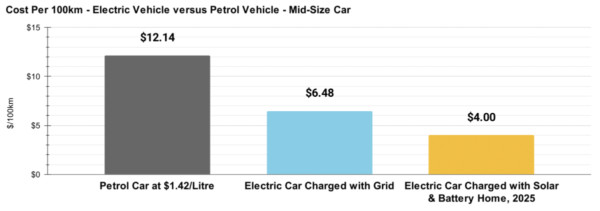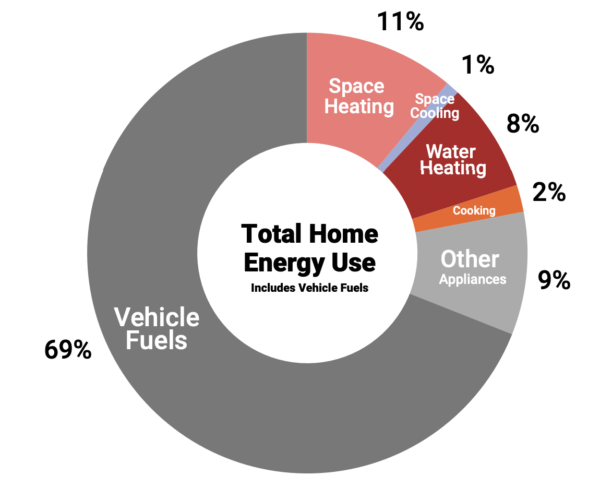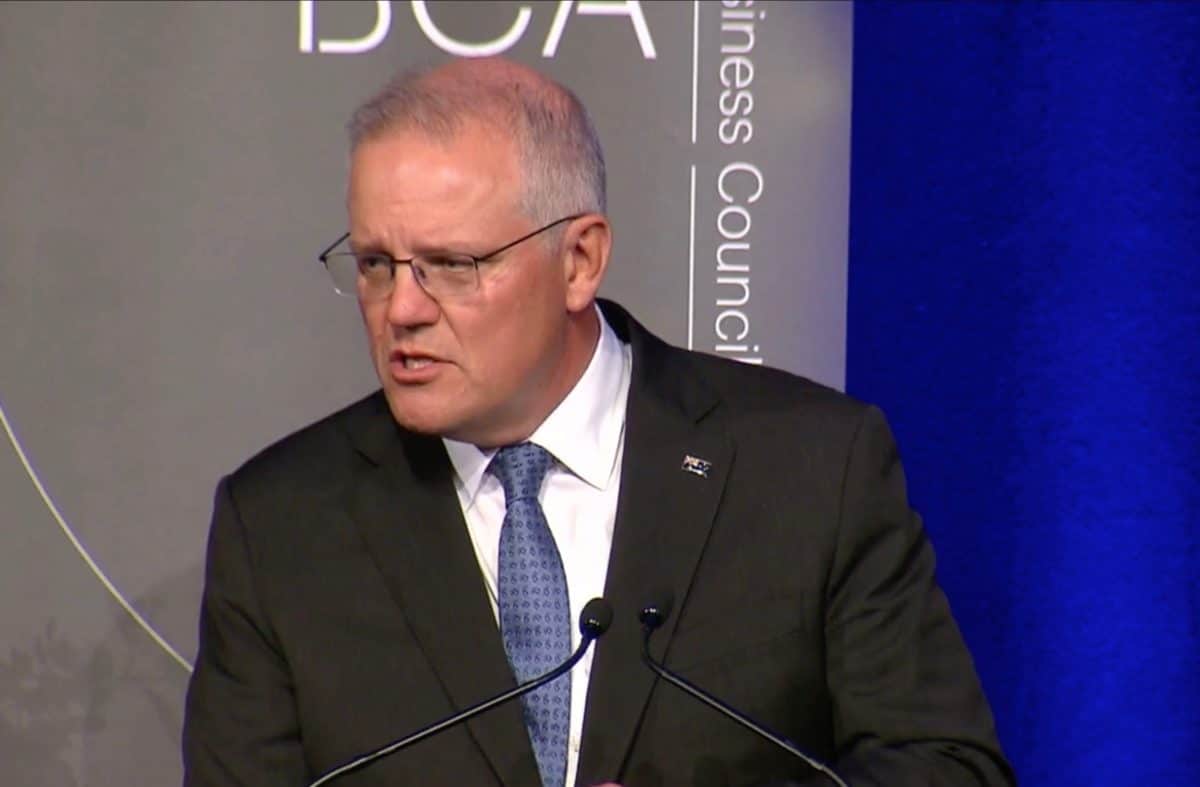The Australian federal government released its Future Fuels and Vehicles Strategy today, disappointing many with its glaring omission of policies proven to boost electric vehicle uptake in other countries. Noticeably absent from the plan is the introduction of fuel efficiency standards, something only a federal government can impose. Likewise, the strategy includes neither rebates nor tax incentives to buy electric vehicles (EVs).
In fact, the plan seems to openly acknowledge its measures will barely move the needle, with the Morrison government’s modelling predicting back in 2019 that EVs would make up 27% of new car sales by 2030. Thanks to the new strategy that figure has grown 3%, with the federal government today predicting EVs will account for 30% of new car sales by the end of the decade.
The strategy will see the government’s Future Fuels Fund expanded to $250 million, including $178 million in new funding. This funding will focus public EV and hydrogen refuelling infrastructure, heavy and long-distance vehicle technologies, commercial fleets, and household smart charging. The Morrison government said it expects the plan to inspire a future $500 million in “combined private and public co-investment directed into the uptake of future fuels in Australia”.

The strategy has been criticised for paying little heed to policies and measures which have boosted EV uptake in other parts of the world, with University of Queensland academics Jake Whitehead, Jessica Whitehead and Kai Li Lim pointing out every leading electric vehicle market globally offers financial or tax support to help motorists make the switch to cleaner cars. According to the trio, the strategy is better than nothing – though nowhere near enough.
Other countries have also introduced strategies like sales mandates for manufacturers for electric vehicles, exempting EVs from GST, stamp duty and registration fees, and exempting EVs from other taxes. Of course, countries like Norway and South Korea will ban new petrol and diesel car sales from 2025 with the United Kingdom, Germany, India and Israel to follow suit by 2030.
Despite the strategy solidifying Australia’s position at the back of the EV pack, prime minister Scott Morrison seemed rather chuffed with himself for refusing serious measures, reiterating his approach as “choices not mandates”. “Australians love their family sedan,” Morrison added at the top of his statement on the strategy today.
Industry peak body the Clean Energy Council said the strategy represents the federal government squandering yet another opportunity to drive down emissions and save households money. “The electrification of transport is one of the most efficient strategies for decarbonising our economy, and yet the government has once again decided to take the slow lane by refusing to adopt policies that incentivise uptake,” Clean Energy Council Chief Executive, Kane Thornton, said.
“The federal government purports to support choice for Australian motorists, but in fact its strategy stifles choice by making it very challenging for Australia to attract a wide selection of battery electric vehicles (EVs) to the market.
“EVs are in high demand and we are competing with international markets to attract supply to the Australian market. Without explicit policies to drive consumer uptake, we will continue to receive yesterday’s technologies.”
Like Scott Morrison, Thornton also pointed the the high uptake of rooftop solar in Australia, with the country yesterday officially passing the three million mark. Thornton said these household solar systems give Australians “an obvious advantage in electrification and one that should be exploited”. Morrison, on the other hand, seemed to note only that Australians seem willing to embrace new technology once it becomes “cost competitive”.
The strategy is somewhat misaligned to the agreement the federal government signed just last week at the COP26 climate conference, which pledged to make EVs the “new normal”. “It’s staggering that the Australian government has seen fit to release this strategy to coincide with COP26, given that the purpose of the gathering was for countries to raise their ambition over the coming decade. Apart from the investment in charging infrastructure, this strategy reflects little more than the continuation of the status quo,” Thornton said.

In October, thinktank Rewiring Australia, the work of Australian-American entrepreneur Saul Griffith, released a report on how much converting cars (as well as appliances) to electricity could save Australians. The short answer is billions, but specifically when it comes to EVs, the research found if Australians charged their EVs with a combination of rooftop solar and home batteries, it would save them around 67% in fuel costs by 2030.
Unsurprisingly, after having waited so long for a federal strategy, Australia’s states have already been introducing their own targets and plans. Both New South Wales (NSW) and Victoria are targeting 50% of new sales to come from EVs by 2030. The NSW government alone has pledged double the sum of the federal government to support EV uptake.
This content is protected by copyright and may not be reused. If you want to cooperate with us and would like to reuse some of our content, please contact: editors@pv-magazine.com.









7 comments
By submitting this form you agree to pv magazine using your data for the purposes of publishing your comment.
Your personal data will only be disclosed or otherwise transmitted to third parties for the purposes of spam filtering or if this is necessary for technical maintenance of the website. Any other transfer to third parties will not take place unless this is justified on the basis of applicable data protection regulations or if pv magazine is legally obliged to do so.
You may revoke this consent at any time with effect for the future, in which case your personal data will be deleted immediately. Otherwise, your data will be deleted if pv magazine has processed your request or the purpose of data storage is fulfilled.
Further information on data privacy can be found in our Data Protection Policy.